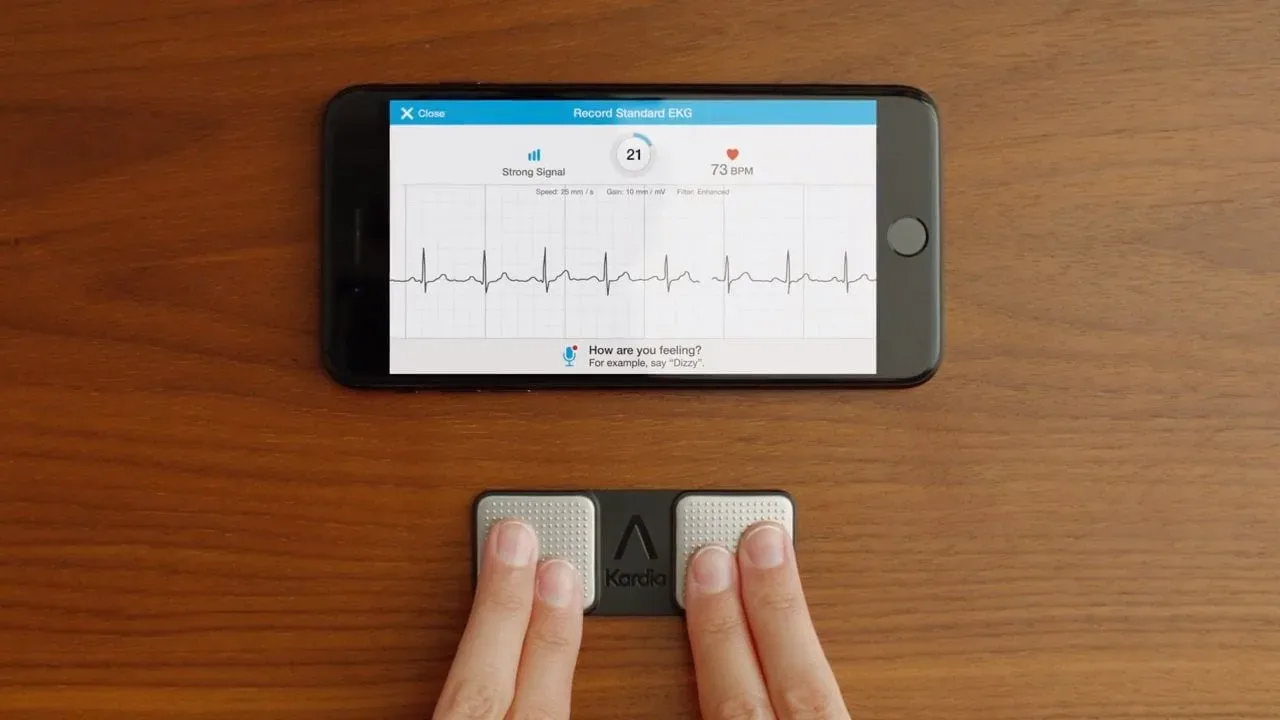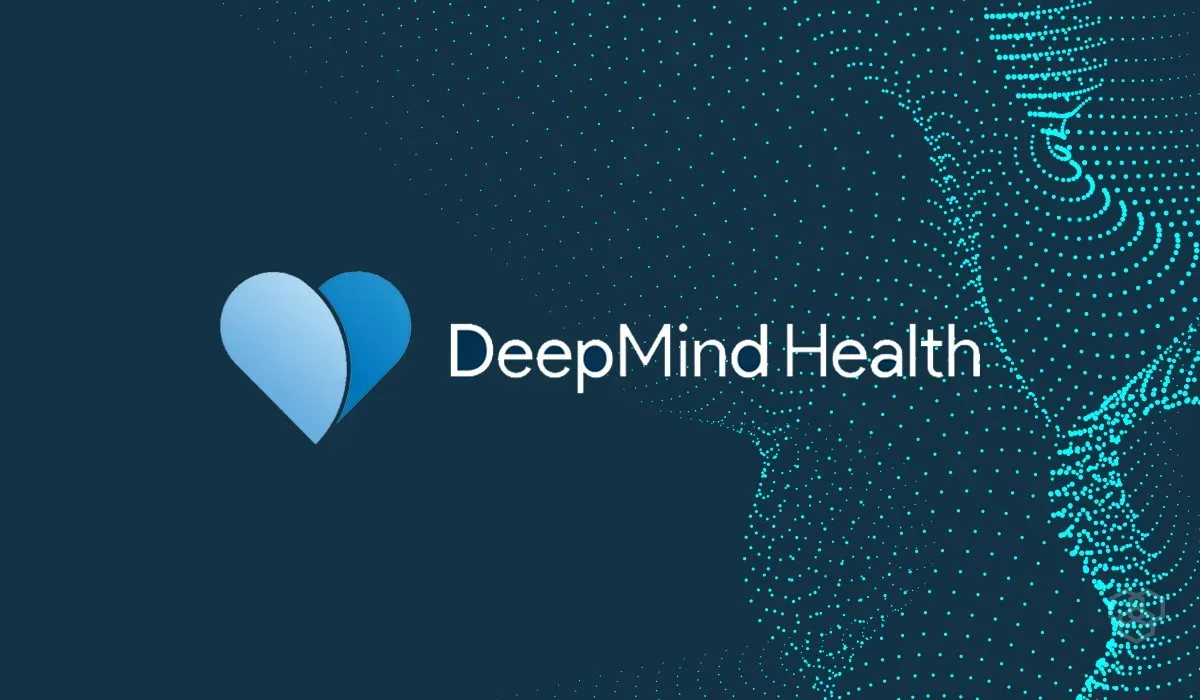Technological advancements in healthcare have saved numerous lives and enhanced the quality of life for people of all ages. Technology is constantly modifying the way we live. Regarding health, we are eager to use the most advanced technology to improve ourselves.
Technology has not only changed the experience of healthcare for patients and their families, but it has also had an enormous influence on the practice of healthcare professionals.
We have even begun wearing our healthcare technology. Wearable sensor devices observe and monitor our stress levels, heart rates, blood pressure, and more. We rely on innovations in this field to lead a stress-free life.
Here are 10 of the latest medical technology innovations to have an impact on healthcare:
Table of Contents
Digital Health Records
Digital health records electronically link various aspects of care so that health history, prescription data, physician instructions, and other information can be easily shared among a health team.
This technology can enhance health outcomes. It can also enable patients to receive intelligent care at home instead of visiting a doctor. Additionally, these records can equip caregivers with resources and tools for effective and efficient service management.
Advantages of digital health records
- Patients get quicker access to test results
- It is easy to pay bills
- Patients can easily share information with family members
- It offers clinicians feedback
- The patient can review information for medical errors
- Instructions and information are easy to document
- Patients get easy access to their medical records
- It saves time
- It can be used in preventative care
Remote Patient Monitoring
Remote patient monitoring can control, organize, and coordinate care outside the doctor’s office, reducing healthcare costs and hospital readmissions. These programs collect patient-generated data through mobile health platforms and provide feedback to the medical team.
Health data, including information on activity, diet, and exercise, can be collected and sent to care providers automatically. This allows care providers to monitor patients continuously and offer personalized management tips, guidance, and health advice.
Remote patient monitoring offers patients greater freedom and independence, empowering them to adopt a more proactive approach to their health. Additionally, it supports early disease detection and reduces costs, time, and effort.
Benefits of remote patient monitoring
- Better access to practitioners
- Improved quality of care
- Education, support, and feedback
- Enhanced autonomy
- Improved patient lifestyle
- Saves money
Remote patient monitoring is beneficial for patients in areas with limited access to medical care as it provides them with convenient remote access to healthcare providers. Additionally, doctors can utilize this technology to engage and interact with patients, potentially encouraging their usage of the platform. However, it is important to consider the accuracy, reliability, and privacy risks associated with the data, as the technology is still in development.
Big Data
Big data in healthcare refers to collecting massive amounts of data from numerous sources, including digital health records, medical imaging, genomic sequencing, patient monitoring devices, wearable sensors, and other medical devices.
Importance of big data in healthcare
- Prevents medication errors
- Upgrades operational efficiency
- Provides precise recommendations
- Identifies high-risk patients
- Cost-effective
- Identifies risk factors
- Compatible with wearable sensors
- Can detect fraud
- It saves time and money
- Advances patient care
- Enhances and boost patient participation
Cloud computing
Cloud computing is a groundbreaking advancement in medical technology. Data is transmitted through the Internet using hardware and software. Healthcare professionals and patients can conveniently access their data and utilize applications from Internet-enabled devices to enhance their health. However, the cloud has proven to be insecure and lacking in privacy, leading to the theft of private health data from numerous patients. Future innovations must address this issue.
Acceptable and Safe Data Storage
Cloud computing enables cost-effective data storage. With the growing dependence on electronic health records, improved and more secure cloud storage becomes essential to safeguard patient information. This is a critical area requiring further development.
Telemedicine/ Telehealth
Telemedicine is a two-way video consultation between a doctor and a patient. Telemedicine exists in many fields, from cardiovascular medicine to mental health.
Telehealth technology enables the remote exchange of data between patients and physicians. Telehealth technology helps diagnose, observe, and monitor and is typically used to help patients with long-term conditions.
Benefits of telemedicine
- It creates healthcare jobs for medical assistants
- Less waiting time for patients
- Encourages patients to stay independent and self-sufficient
- Provides fast access test results
- Provides personalized medicine
- Improves health access in rural areas
- Time-saving for physicians and nurses
Mobile Apps
With healthcare apps’ help, patients have access to education, diagnostic support, helplines, remote monitoring, and data collection.
Mobile apps allow people to control and manage their health and wellbeing comfortably.
Patient portal technology
Patient portal technology allows users a single point of entry to medical information.
Portal technology in healthcare gives patients online access to their health information. Their data and information are available on websites and secured with a unique username and password.
The health information provided via these portals includes:
- Recent doctor visits
- Discharge summaries
- Medications
- Immunizations
- Allergies
- Lab results
Benefits
- Saves patient and medical staff time by eliminating the need for phone calls
- Global availability
- Can provide a convenient way to ask questions
Wearable sensor technology
Wearable technology plays a very significant role in healthcare. The demand for wearable sensor technology is on the rise.
Wearable biosensors are one of the most significant recent developments in this sector. The wearable sensor is a combination of wearable objects and biosensors. Wearable technology can be in the form of bandages, rings, clothes, smartwatches, tattoos, jewelry, etc.
Wearable sensors can be integrated into clothing and watches to measure biometric data such as blood glucose levels, blood pressure, and heart rate. They can transmit real-time information to healthcare providers, enabling two-way communication between doctors and patients. However, it is important to consider the extent of information sharing.
Benefits
- Provides physicians with better data
- Consistently measures health indicators
- It is convenient for the patient
Electronic Patient Records
Electronic health records contain data and information about individuals that doctors and nurses can access during patient visits.
These records contain data and information such as age, sex, ethnicity, health history, lists of medications, allergies, room allocation instructions, immunization statuses, contact information, lab test results, hospital discharge instructions, and billing information.
Benefits
- No data is misplaced or lost.
- Allows healthcare workers to easily analyze and classify patients who are due for visits and screenings
- Intuitive formatting of records
- Eliminates illegible handwriting issues
- It makes data sharing easy
Conclusion
Health technology innovations are rapidly transforming the healthcare industry, granting patients improved access to their medical information and enabling them to share it with medical consultants and caregivers easily.
Although digitizing medicine has numerous advantages, safeguarding patient information should remain our top priority.
What do you think about the combination of technology medicine? Will it help or hurt patients?







Share Your Thoughts